My Husband Stole My Jewelry After I Filed for Divorce—The Reason Behind It Made Me Reconsider Everything
After filing for divorce, my husband disappeared along with my most valuable jewelry. At first, I thought it was the selfish act of a hurt man, but the truth was far more complicated. When everything was revealed, I realized he wasn’t the person I thought he was.
John and I got married eight years ago. At the time, he was the ideal partner I had always dreamed of: gentle, hardworking, and family-oriented. He made me feel like the luckiest woman in the world. We used to plan our future together, talk about children, the home we would build, and the dreams we would share.
But slowly, everything began to change. Our conversations became shorter. John stopped asking about my work or showing interest in the little things that once mattered to him. Then the arguments began—initially over small disagreements about spending habits or trivial habits. But these disagreements quickly escalated.

John grew cold and distant. He often came home late, claiming work as an excuse, but I sensed something was off. When I asked him about it, he would avoid eye contact and give vague answers. For the first time in years, I felt an invisible wall had risen between us.
Our fights over finances became more intense. John was constantly short of money. Once, he withdrew a large amount from our joint account without explanation. He borrowed money from friends so often that people started showing up at our house to demand repayment. Whenever I asked, “What are you doing with all this money?” he avoided the question and changed the subject.
During this time, I bore the entire financial burden of our household. The strain became unbearable, and I was exhausted.

One evening, while John was in the shower, I noticed his phone on the table. A new message popped up on the screen: “When are you coming?” I picked up the phone to take a closer look. The message was from someone named Clara. My heart raced. Who was Clara, texting at such a late hour? Was John secretly seeing her?
When John stepped out of the bathroom, I stood there, holding his phone, my eyes filled with anger and pain.
“What is this, John?” I demanded, my voice shaking. “Are you cheating on me?”
John froze for a moment. “You think I’m cheating?” he said, his tone defensive.
I held up the phone and showed him the messages with Clara. “Then who is she? Are you having an affair with her?”
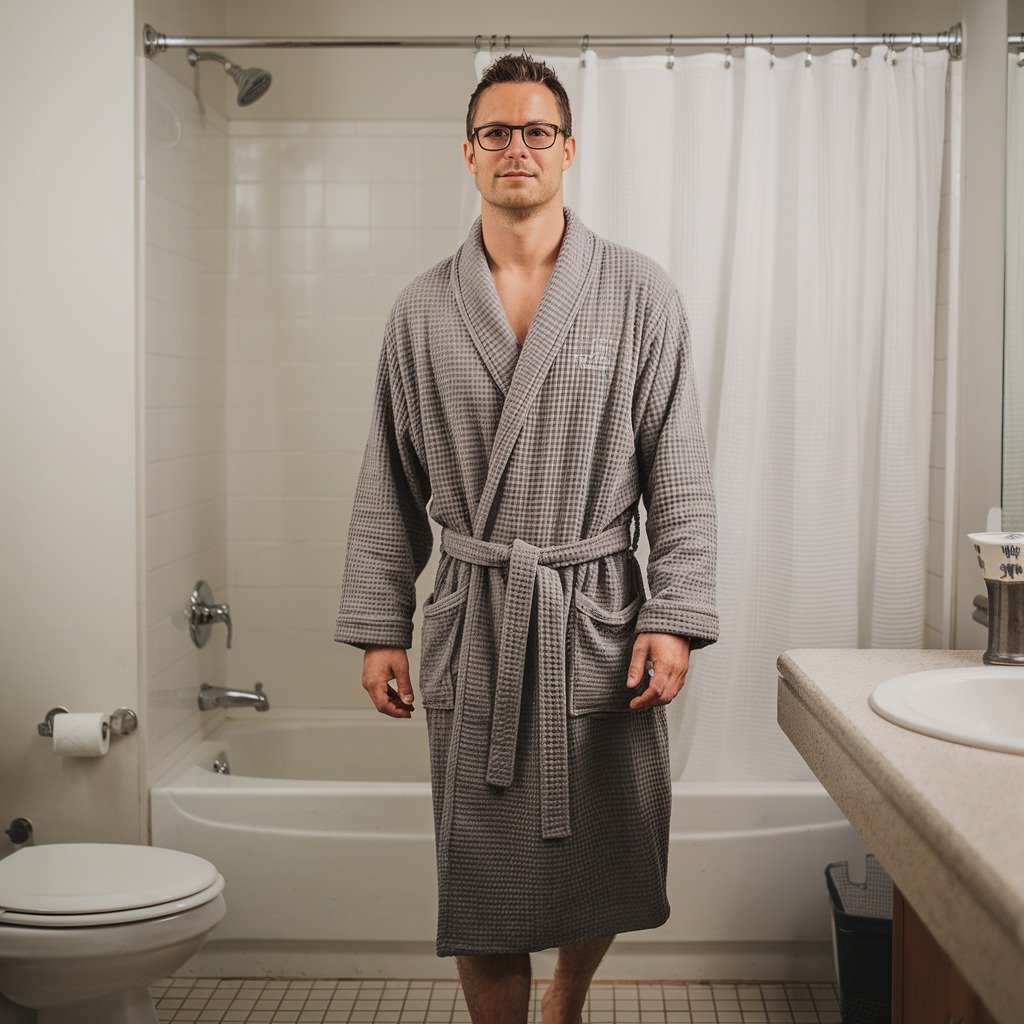
He didn’t look surprised. He didn’t try to explain or defend himself. He just looked at me with tired eyes and sighed. “Olivia, if you don’t trust me, then let’s get a divorce.”
Those words felt like a dagger to my heart. I couldn’t believe that the man I had loved, the one I had once considered my whole world, could say something so cruel.
After that night, I couldn’t see any hope for saving our marriage. In the months that followed, I was torn between trying to fix things or walking away. But eventually, I realized I couldn’t stay in a marriage without love or respect.
The next morning, I handed him the divorce papers.
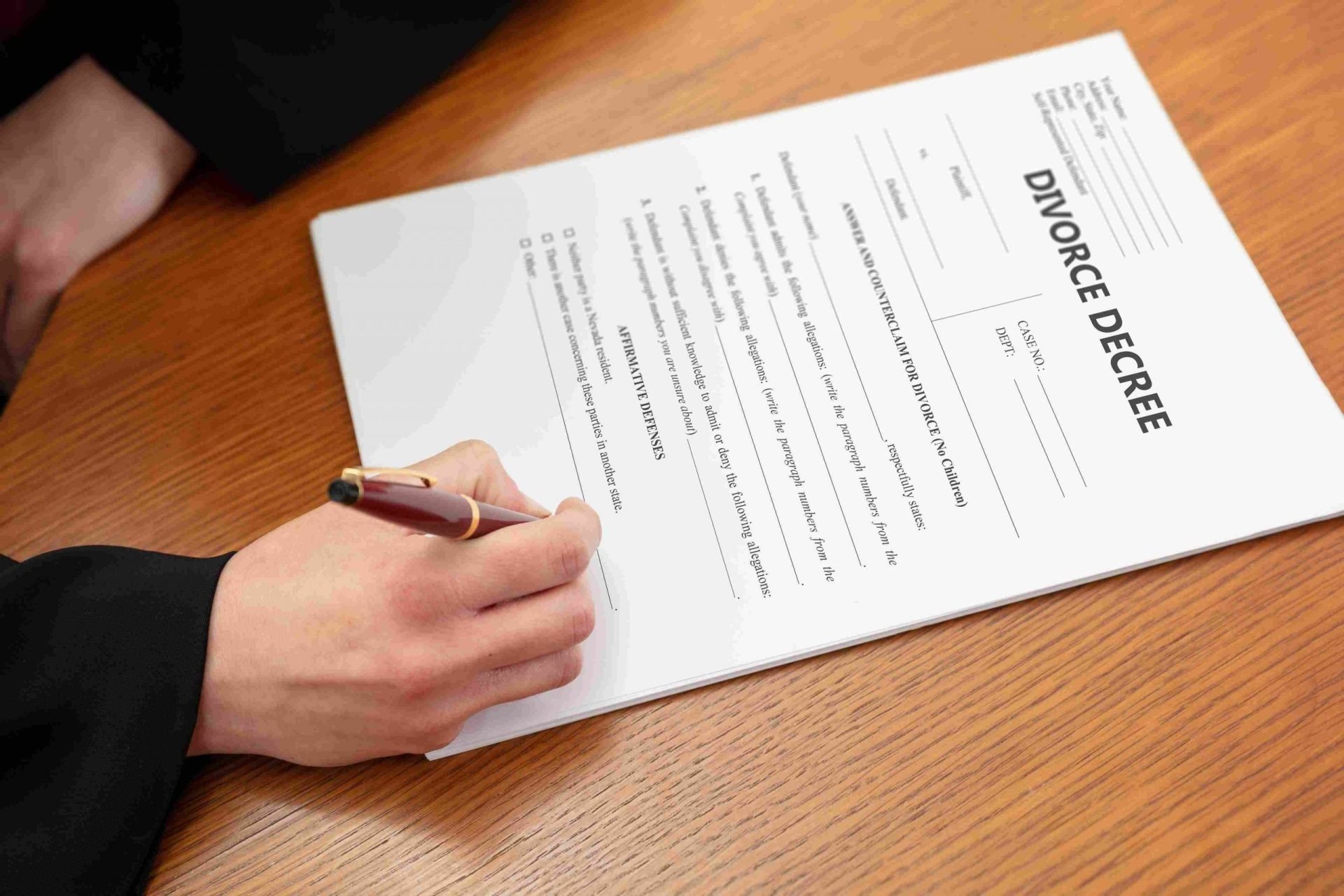
During the waiting period for the court to process our divorce, I moved into a small apartment. Items of personal value, such as jewelry, important documents, and sentimental gifts, I kept locked away in a small safe at our old house.
One day, I went back to the house to retrieve some things, only to discover the safe had been forced open. My gold necklaces, diamond rings—items that held both monetary and sentimental value—were gone.
I immediately called John, gripping my phone tightly, my voice shaking with anger. “John, what did you do with my jewelry?!”
He responded nonchalantly, “What are you talking about? I haven’t touched anything of yours.”
If it wasn’t him, then who could have done this? Could it be that, during the time we were both away from the house, someone had broken in?
I reported the incident to the police right away. But the situation became complicated. There were no signs of forced entry, and the house’s security cameras had been turned off during our absence. The investigation hit a dead end from the start.
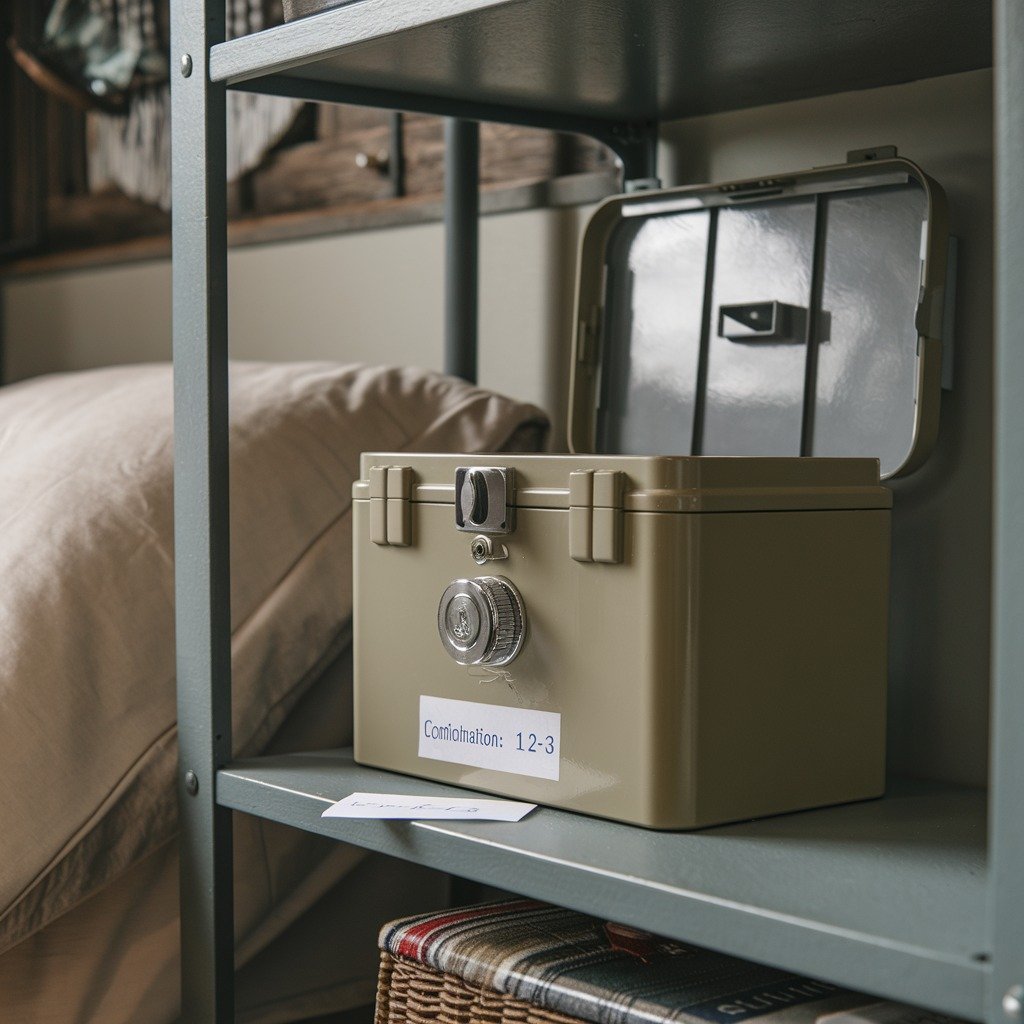
Two weeks later, I received a call from my best friend, Lisa, who worked at a small jewelry store downtown.
“Olivia,” her voice was filled with concern, “do you remember that gold necklace you love so much? Sarah just told me a man… someone who looks a lot like your husband… brought a necklace exactly like yours into her shop.”
My heart stopped. “Are you sure, Lisa? Do you have security footage?” I asked, trying to stay calm.
Within minutes, Lisa sent me the video. I opened it, and my heart sank. In the footage, John was clearly visible, standing at the jewelry counter. He held my gold necklace, looking at it with a strange expression before setting it down and speaking to the staff.
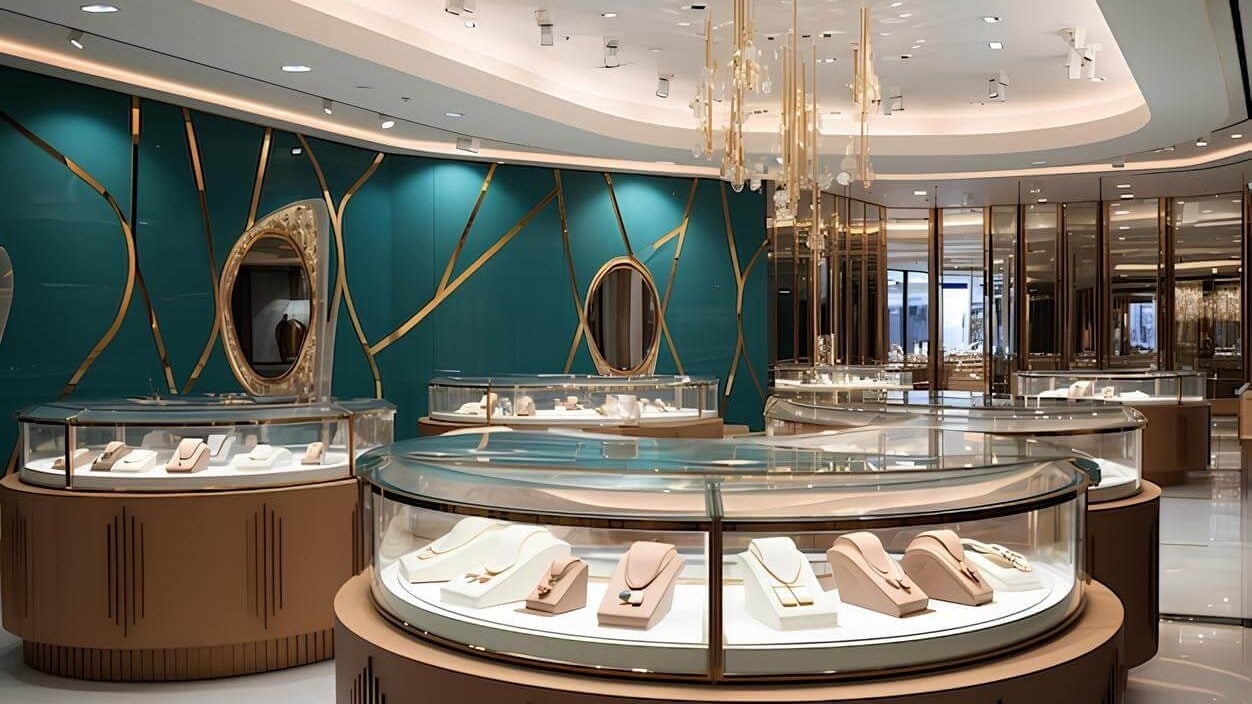
I called Lisa immediately, my voice trembling. “Did he sell the necklace?”
“No,” Lisa replied. “He just asked for its value and then left without saying much.”
This revelation left me completely baffled. If John didn’t sell it, why had he brought it to the store for an appraisal? And if he had indeed taken it, where were the rest of my items?
I set down my phone, my mind racing. John’s actions not only broke my heart but also raised countless questions I couldn’t answer. Why would he do this? Was he facing difficulties he was too afraid to share with me? Or was there another, darker reason that I hadn’t yet uncovered?
I couldn’t sit still without uncovering the truth. After careful consideration, I decided to hire a private investigator to track John’s actions. Just a week later, the investigator called me with crucial information:
“Olivia, I’ve been following John. He frequently visits a jewelry store in a neighboring state. Afterward, he drives to his parents’ house.”
The information left me speechless. After the call, the investigator sent me the address of the jewelry store. The very next day, I drove there.
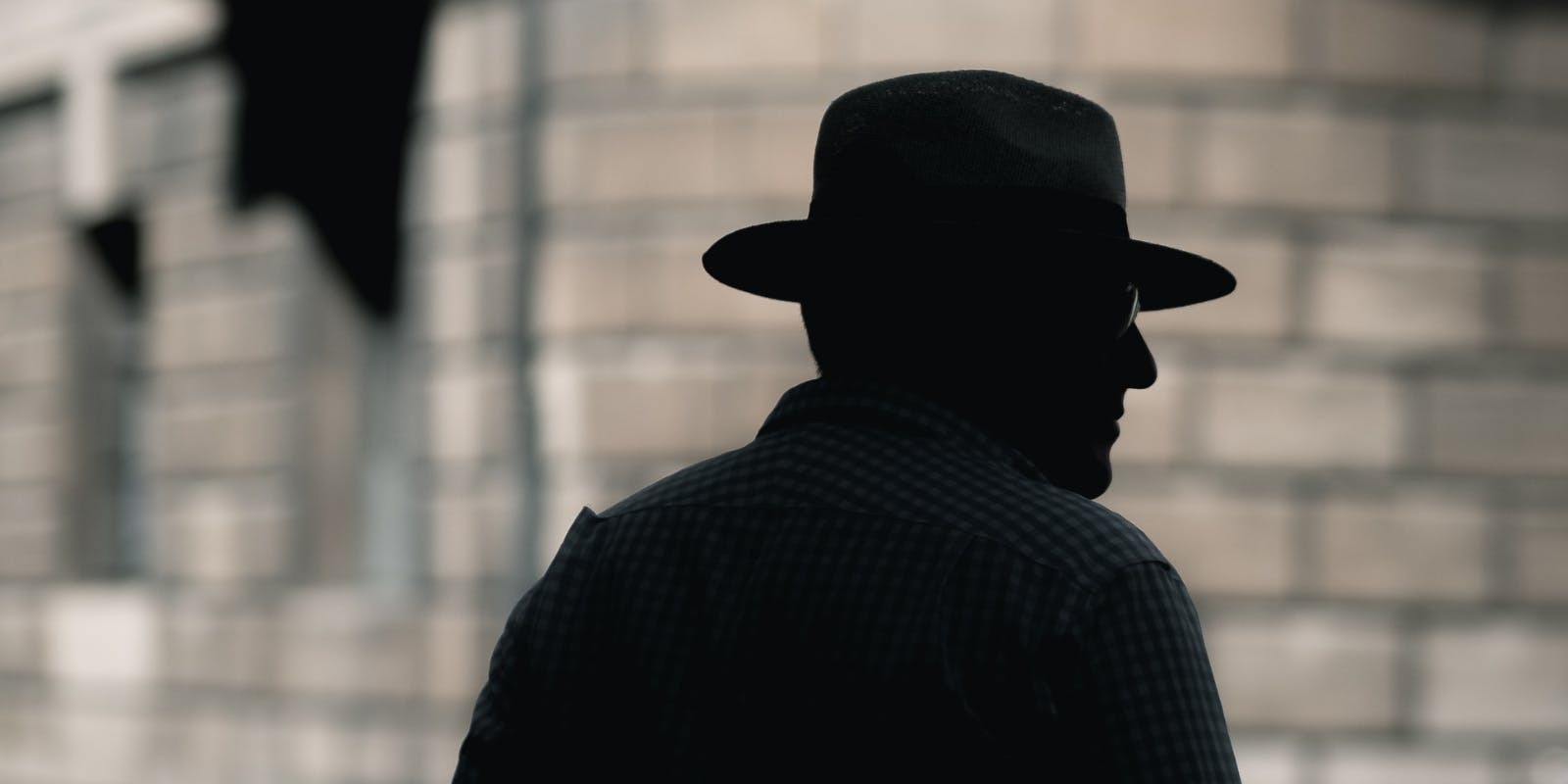
Walking into the store, my throat tightened when I saw familiar pieces of jewelry displayed on the counter. The store owner confirmed that John had sold them there a few weeks prior.
I then drove to my in-laws’ house. “Olivia! It’s been a while since we’ve seen you,” my mother-in-law said, surprised but welcoming.
I stepped inside, trying to keep calm while discreetly scanning the surroundings. My mind raced: “What did John do with the money from selling my jewelry here?”
Unable to hold back any longer, I asked directly: “Do you know John took my jewelry and sold it?”
Shock spread across my mother-in-law’s face. “What are you talking about? John sold your jewelry?”
My tone turned icy. “My husband? Didn’t he tell you we’ve already filed for divorce?”
My words visibly shook her. “What? Divorce? What’s going on? Why are you two divorcing?”

At that moment, John emerged from a room. Upon seeing me, he froze, his face pale. “Olivia! What are you doing here?”
I stood tall, locking eyes with him. “You thought you could steal my jewelry, and I’d never find out?”
John stayed silent, unable to form a response. My voice rose in anger: “Why did you do this? To get back at me? Or are you just so greedy you’d stoop this low?”
My mother-in-law quickly intervened. “It’s not what you think. John, you need to tell Olivia the truth!”
I turned to John, suspicion heavy in my voice. “The truth? What truth? What else are you hiding from me?”
My mother-in-law sighed deeply, her voice breaking: “The truth is… your father-in-law has NMDAR autoimmune encephalitis. He’s undergoing treatment at the hospital, and the costs are enormous.”
Her words hit me like a freight train. I stared at John, waiting for him to explain.
“I was planning to sell my parents’ old house in the suburbs to cover the medical bills,” John finally said, his voice trembling. “But the sale hasn’t gone through yet, and the loan sharks I borrowed money from found out. They’ve been threatening me to repay the debt immediately.”
I felt like the air had been knocked out of me. “So, you took my jewelry to use as collateral?”
“Yes,” John admitted, his eyes filled with regret. “I planned to redeem them after the house sold, before you ever found out.”
“And the nights you came home late?” I asked, tears streaming down my face.
“I was at the hospital, taking care of my dad,” John replied, his voice barely above a whisper.
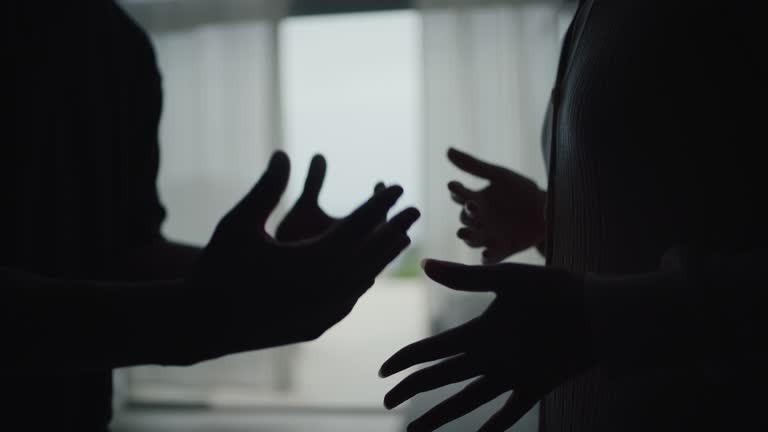
I choked on my emotions. “You could have told me! We’re married; why would you shut me out like this? Why didn’t you say anything about something so important?”
John looked straight into my eyes, his voice hoarse with emotion: “I’d rather you think I’m a terrible person than burden you with these problems.”
His response brought fresh tears to my eyes. I didn’t know whether to be angry, empathetic, or more heartbroken by the choices he had made.
As soon as John finished speaking, his phone rang. He looked at the screen and quickly answered. Moments later, the call ended, and he turned to us, his face full of worry. “Dad’s in critical condition at the hospital. Mom, grab your coat, and we’ll head there now.”
Without hesitation, I decided to join them. On the way, the car was filled with tension and silence. My mind was a whirlwind of thoughts and emotions battling within me.

When we arrived at the hospital, we saw John’s father being treated in the emergency room. My heart raced as I caught sight of the worried expressions on everyone’s faces. A short while later, a doctor approached us.
“Clara, how’s my dad?” John asked.
The name startled me. Clara? So, the person who had messaged him that day was this doctor.
I recalled the messages I had seen, the jealousy and anger that had consumed me. A wave of guilt and shame washed over me.
Dr. Clara looked at John and spoke gently. “Your father is stable now. In a little while, the family can go in to see him.”
The relief was palpable, like a heavy weight had been lifted from our shoulders. All three of us exhaled deeply. John sat down, burying his face in his hands. His mother gently patted his shoulder in comfort.

I stood there, the shame inside me growing heavier. Why hadn’t I trusted him? Why hadn’t I chosen to communicate instead of rushing to conclusions?
John had endured so much on his own: his father’s illness, the financial strain, and the doubts of the wife he once loved most. Looking at him, my heart ached. Perhaps it was time for me to make amends.
I pulled John into the hallway. He looked tired and worried but still tried to maintain his composure. I held his hand and looked directly into his eyes.
“John, I’m sorry. I doubted you, misunderstood you, and let negative thoughts cloud my mind. I was wrong. We’re married—I should have stood by you and supported you during your toughest times.”
John looked at me, his eyes red. “No, I’m the one who’s at fault. I thought I could carry everything on my own, but I ended up hurting you. I was afraid of burdening you, but in doing so, I pushed you away.”

I tightened my grip on his hand. “From now on, let’s face everything together, okay? You’re not alone anymore. I’ll be here for you, no matter what happens.”
John nodded, tears streaming down his face. “Thank you, Olivia. I don’t deserve you, but I’ll do everything I can to never let you down again.”
We hugged tightly in the hospital hallway, as if all the distance and misunderstandings between us had melted away.
From that day forward, we started anew. I joined John in caring for his father and helping him resolve the financial troubles. Together, we decided to sell his parents’ old house to cover medical expenses and pay off debts. We also began rebuilding the trust and love between us.
The challenges didn’t disappear, but I no longer felt alone. More importantly, I realized that when two people walk side by side, no obstacle is insurmountable.
Our marriage was saved. It wasn’t just a relationship anymore—it became a journey, one that was stronger, deeper, and filled with hope.
This story draws inspiration from real-life events and individuals, but it has been adapted and fictionalized for creative expression. Names, characters, and specific details have been altered to protect individuals’ privacy and to enhance the storyline. Any similarity to real persons, living or deceased, or actual events is coincidental and unintentional.

